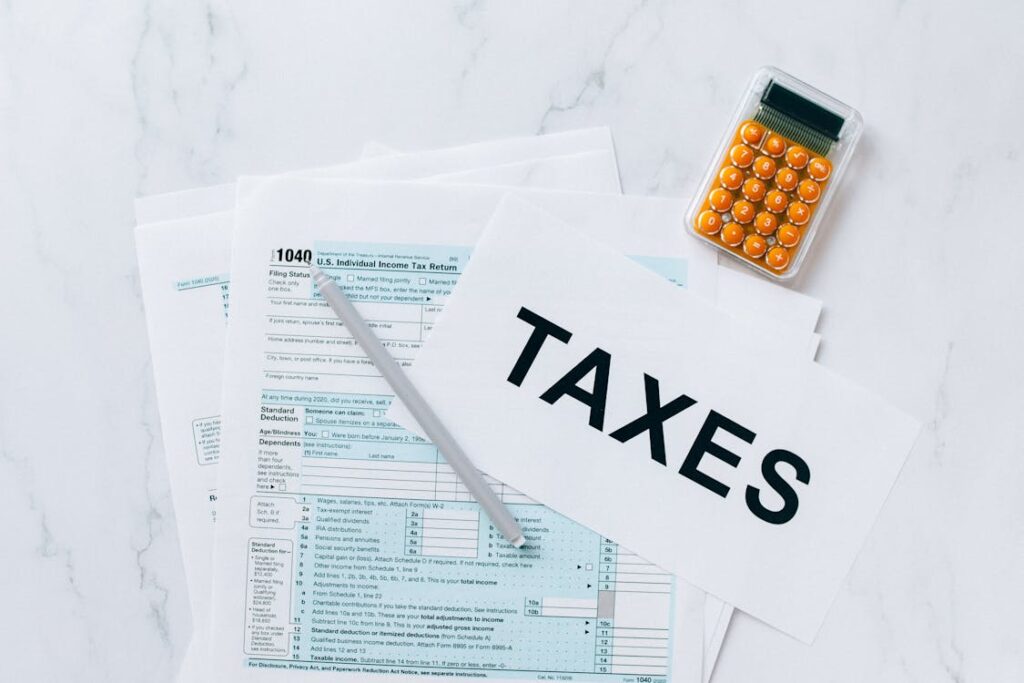Tax planning is an integral part of running a successful business. Many business owners find tax preparation overwhelming, often lacking the necessary knowledge to optimize their financial outcomes. However, with proactive strategies and informed decisions, effective tax planning can save significant amounts of money while ensuring compliance with legal requirements. Below are practical tips that can enhance your tax strategy, minimize liabilities, and ultimately benefit your financial health.
Understand Your Tax Obligations
Every business owner should develop a clear understanding of their tax obligations. This includes being familiar with federal, state, and local taxes that apply to your business. Each level of government may impose different taxes depending on your location and the nature of your business activities. By understanding the specific requirements that pertain to your situation, you can avoid costly penalties and take advantage of available tax credits or deductions.
As businesses grow and evolve, their tax obligations may also change. Regularly reviewing your tax situation can help identify areas where adjustments may be beneficial, such as revisiting filing structures or determining if a shift in your business model warrants reevaluation of your tax strategy. Utilizing dedicated financial software can help track your income and expenses more efficiently, which can aid in accurate tax calculations.
Leverage Deductions and Credits
One of the most effective ways to reduce your tax burden is by taking advantage of available deductions and credits. Business expenses such as equipment purchases, office supplies, travel, and employee salaries can often be deducted from your taxable income. To maximize your deductions, maintain diligent records of all business-related expenses throughout the year.
any self-employed individuals miss valuable opportunities to lower their tax burden simply because they are unaware of all the deductible expenses for self-employed professionals, ranging from car expenses and home office deductions to educational costs and health insurance. Exploring a comprehensive guide to 1099 tax deductions can help ensure you don’t overlook potential write-offs that maximize your savings during tax season.
The IRS requires adequate documentation for any deduction claimed, so storing receipts and using accounting software can simplify this process. Similarly, look for tax credits that can further lower your liability. These may include credits for hiring certain employees, investing in renewable energy, or even educational credits for enhancing employee skills.
Evaluating available credits can provide significant savings. Working with professionals who can provide specialised and ongoing tax advice can uncover hidden opportunities that you may not be aware of. A specialized tax consultant can provide tailored strategies to ensure you are operating under the most advantageous structure possible.
Implement a Tax-Efficient Business Structure
The legal structure of your business significantly affects your tax situation. Different structures, such as sole proprietorships, partnerships, limited liability companies (LLCs), or corporations, come with various tax implications. A sole proprietorship may face self-employment taxes, while corporations may benefit from lower tax rates on retained earnings.
Choosing the optimal structure can lead to substantial tax savings, so consult with a tax professional to find the best option for your business model and growth plans. As your business grows, revisiting your structure may be beneficial to adapt to changing tax laws or financial goals.
Plan for Retirement
Retirement planning can play a strategic role in tax planning. Contributing to retirement accounts not only prepares your future but also reduces your taxable income. For business owners, options like a Simplified Employee Pension (SEP) IRA or a Solo 401(k) provide effective means to save for retirement while enjoying tax benefits. The contributions made to these accounts can lower your business’s overall tax liability.
If you employ others, setting up retirement plans can also serve as a recruiting and retention tool. Employees may be more inclined to work for businesses that offer retirement benefits, which can enhance workforce stability and productivity. Integrating retirement planning within your overall tax strategy reflects a proactive approach to financial health.
Stay Organized and Keep Accurate Records
Organization is essential for effective tax planning. Keeping accurate records ensures you can substantiate all financial claims made on your tax returns. Implement systems that track income and expenses meticulously throughout the year, allowing for a seamless transition during tax season. This includes categorizing expenses correctly and separating business and personal finances.
By maintaining organized records, you ease the stress of tax season and reduce the chance of errors that could lead to audits. The IRS has emphasized that many audits are a result of disorganized records. Regular reviews of your financial statements can provide insights into business performance and help identify areas needing attention, keeping your business ahead of potential issues.
Consult a Tax Professional Regularly
Regular consultations with a tax professional can be invaluable for your business. Professionals can provide insights tailored to your business, allowing you to navigate complex tax laws effectively. They also stay current on tax legislation changes that could impact your business strategy. By establishing a consistent relationship with a tax expert, businesses can receive proactive guidance rather than reactive fixes during tax season.
Investing in professional advice may seem costly initially, but the savings derived from optimized tax planning can significantly outweigh the expense. For most business owners, managing taxes is a balancing act, requiring continually evolving strategies. Working with a trusted expert not only alleviates some of that burden but often leads to smarter financial decisions.

Understanding and optimizing tax liability is a crucial aspect of achieving business success. With informed strategies, prioritizing organization, and harnessing expert advice, business owners can save both time and money, resulting in a more sustainable, profitable venture.







